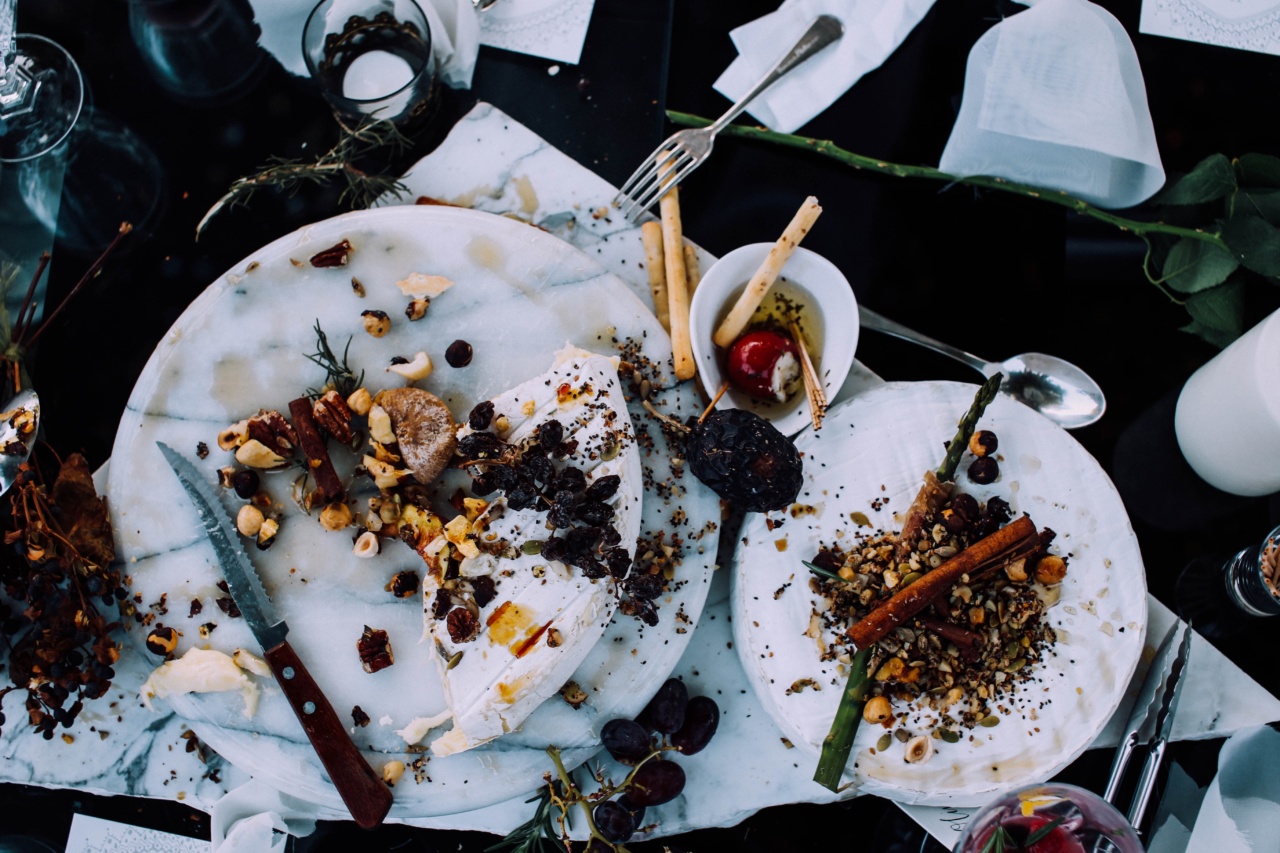Bloating after eating is a common problem that affects many people. It can be uncomfortable and embarrassing, but there are ways to prevent it. The first step is to understand what causes bloating after eating.
One of the main causes of bloating is gas. Gas can be produced in the gut when food is broken down, or it can be swallowed when you eat or drink. Certain foods can also produce more gas than others, such as beans, lentils, broccoli, and cabbage.
Another cause of bloating is the way food moves through your digestive system. Some foods are digested more quickly than others, which can cause food to sit in your gut for longer, leading to bloating and discomfort.
Eating too much food can also cause bloating as your stomach expands to accommodate the excess.
In some cases, bloating after eating can be a sign of an underlying medical condition such as irritable bowel syndrome (IBS) or celiac disease. If you have persistent bloating, it is important to speak to your doctor to rule out any serious causes.
Ways to Prevent Bloating After Eating
1. Eat Smaller Meals
Eating large meals can put a strain on your digestive system, leading to bloating and discomfort. Instead, try eating smaller meals throughout the day. This will help to keep your digestive system working efficiently and prevent bloating.
2. Avoid Foods That Produce Gas
As mentioned earlier, certain foods can produce more gas than others. If you find that you are particularly sensitive to certain foods, try avoiding them or eating them in smaller quantities. Common culprits include beans, lentils, broccoli, and cabbage.
3. Slow Down When Eating
Eating too quickly can cause you to swallow air, which can lead to bloating. Try to eat slowly and chew your food thoroughly to prevent this from happening.
4. Avoid Drinking Carbonated Beverages
Carbonated beverages can cause gas to build up in your stomach, leading to bloating and discomfort. Try to avoid these drinks or limit your intake as much as possible.
5. Avoid Chewing Gum
Chewing gum can lead to the swallowing of air, which can cause bloating. If you are prone to bloating, try to avoid chewing gum or limit your intake.
6. Drink Plenty of Water
Drinking plenty of water can help to keep your digestive system working smoothly and prevent bloating. Aim to drink at least 8 glasses of water a day.
7. Exercise Regularly
Regular exercise can help to keep your digestive system working efficiently and prevent bloating. Try to aim for at least 30 minutes of exercise a day.
8. Avoid Eating Late at Night
Eating late at night can put a strain on your digestive system, leading to bloating and discomfort. Try to avoid eating after 8pm and give your digestive system a chance to rest.
9. Try Probiotics
Probiotics are live bacteria and yeasts that are good for your digestive system. They can help to promote good gut health and prevent bloating. You can find probiotics in yogurt, kefir, and other fermented foods.
10. Manage Your Stress Levels
Stress can have a negative impact on your digestive system, leading to bloating and discomfort. Try to manage your stress levels as much as possible by practicing relaxation techniques such as meditation or yoga.



























